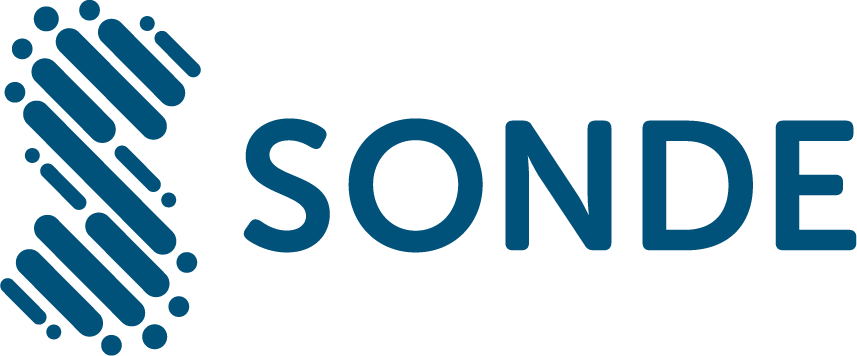Understanding the Impact of Vocal Biomarker Technology in Mental Health: Insights from Sonde Health's Recent Study
I'm thrilled to share a recent milestone that marks a significant step forward in our journey at Sonde. Our commitment to empowering individuals to take charge of their health through innovative technologies has led to the publication of our latest study in the journal Frontiers in Psychiatry. This study highlights the potential of our Mental Fitness Vocal Biomarker (MFVB) platform, the culmination of a lot of hard work by our Sonde team, as well as many collaborators and partners over the years.
This study involved 104 participants from an outpatient psychiatric setting (Cognitive Behavior Institute), exploring the capabilities of our technology to help people track their mental fitness through voice. Participants, CBI clients being treated for a range of common mood disorders like depression, anxiety, and stress-related conditions, engaged with our Mental Fitness app, recording their thoughts and feelings in 30-second voice journals as often as they wanted over a period of 4 weeks. The app provides users real-time MFVB scores, calculated from their voice journals by analyzing how their voice and speech sound (not what they say), that can be used to gain immediate awareness of mental wellbeing and how it might be changing over time. When the study was completed, we compared the MFVB scores with results from the M3 Checklist, a recognized tool in mental health assessment, which participants had also completed as part of the study. This comparison was essential to verify that the MFVB scores can reliably indicate mental health symptom levels.
The correlations we discovered were striking. Participants with higher MFVB scores generally exhibited less severe mental health symptoms, and vice versa, underscoring the reliability of the MFVB scores as indicators of mental health symptom severity. These correlations became stronger with consistent use of the Mental Fitness app over time, and were especially strong among those who used the app on a near daily basis. The benefit of frequent and consistent use of vocal biomarker tools was an important insight gained in this study, and it's one of the reasons vocal biomarkers are so compelling: you can use them whenever you want, as often as you want, on the devices you already own.
The feedback from study participants was also encouraging. Many expressed appreciation for the innovative approach of using voice to gauge mental wellness, reflecting the non-intrusive and user-friendly nature of the technology. Many remarked on the benefits they obtained from using the tool, ranging from helpful external perspectives on how they were doing, to experiencing therapeutic benefits from self-expression while creating voice journals. The most remarkable statistics were that 40% of participants changed their behavior or lifestyle in some way as a result of using the tool, and 30% perceived benefits to their wellbeing.
While many groups have researched vocal biomarker applications for mental health, our study is the first of its kind to build a tool that allows people to use a vocal biomarker platform "in the wild" as part of their daily lives and then examine how well it works and what people get out of it. Building and validating such a tool was no easy feat and required a lot of iterations on the speech processing, mental fitness scoring algorithms, building a robust and engaging app, and getting the study design right. However, now we have the results to show that the technology is not just an interesting area of research but is mature enough to benefit people today.
This work represents more than just a milestone for Sonde Health; it's a big step forward towards realizing the promise of digital health: offering scalable, cost-effective, and privacy-conscious methods to augment traditional mental health evaluations. Our technology can empower individuals to actively monitor their mental well-being and, in doing so, mirror the progress and benefits we've seen from the physical fitness tracking domain.
As we move forward, the implications of our work become increasingly clear. Digital health tools like our Mental Fitness platform are not merely technological advancements; they open the door to a future where taking care of our mental wellbeing is proactive, accessible, and easily incorporated into our daily lives. We're excited to continue taking steps toward that future.
